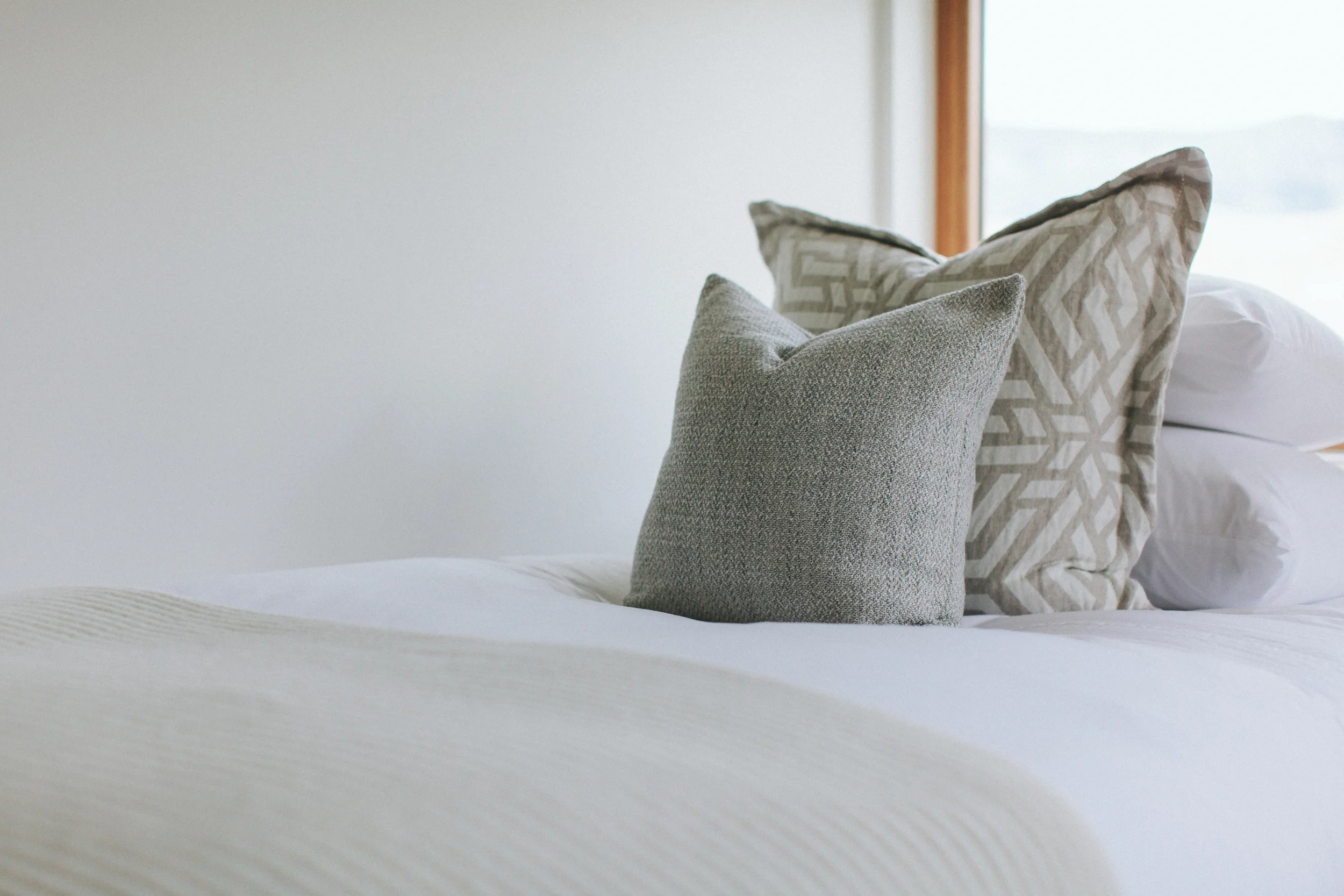About life.school.house.
what is a folkschool?
Folkschools are informal learning spaces in communities where neighbors become teachers, sharing arts and traditional skills in small group workshops. These schools facilitate learning exchanges and are hosted by a member of the community who help make strong and lasting connections between participants.
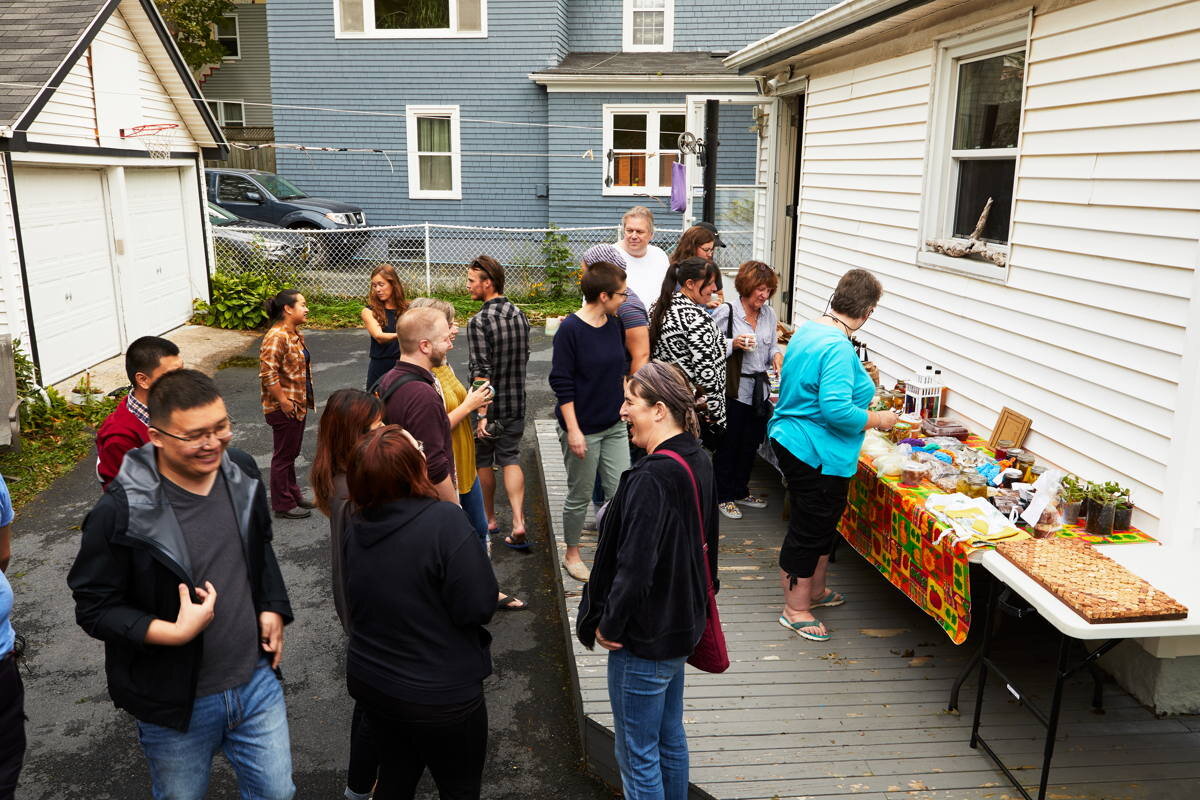
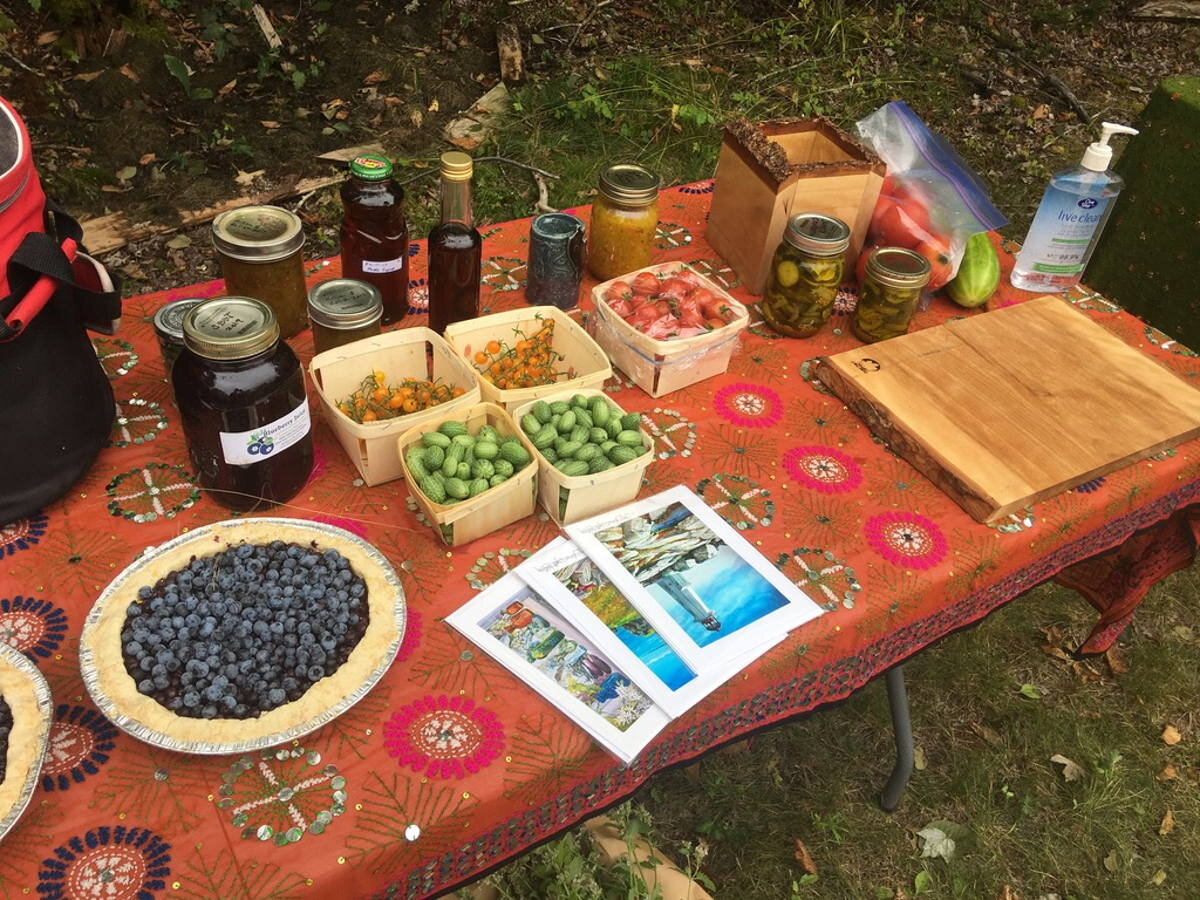
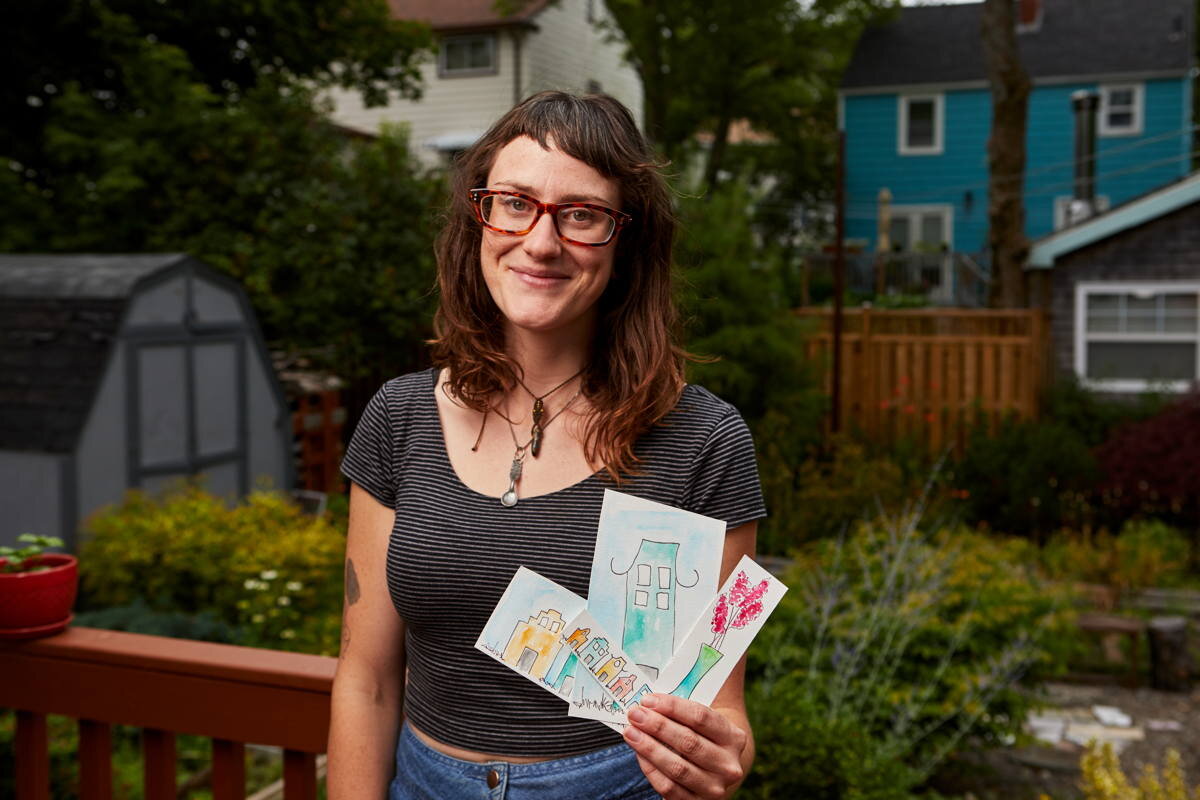
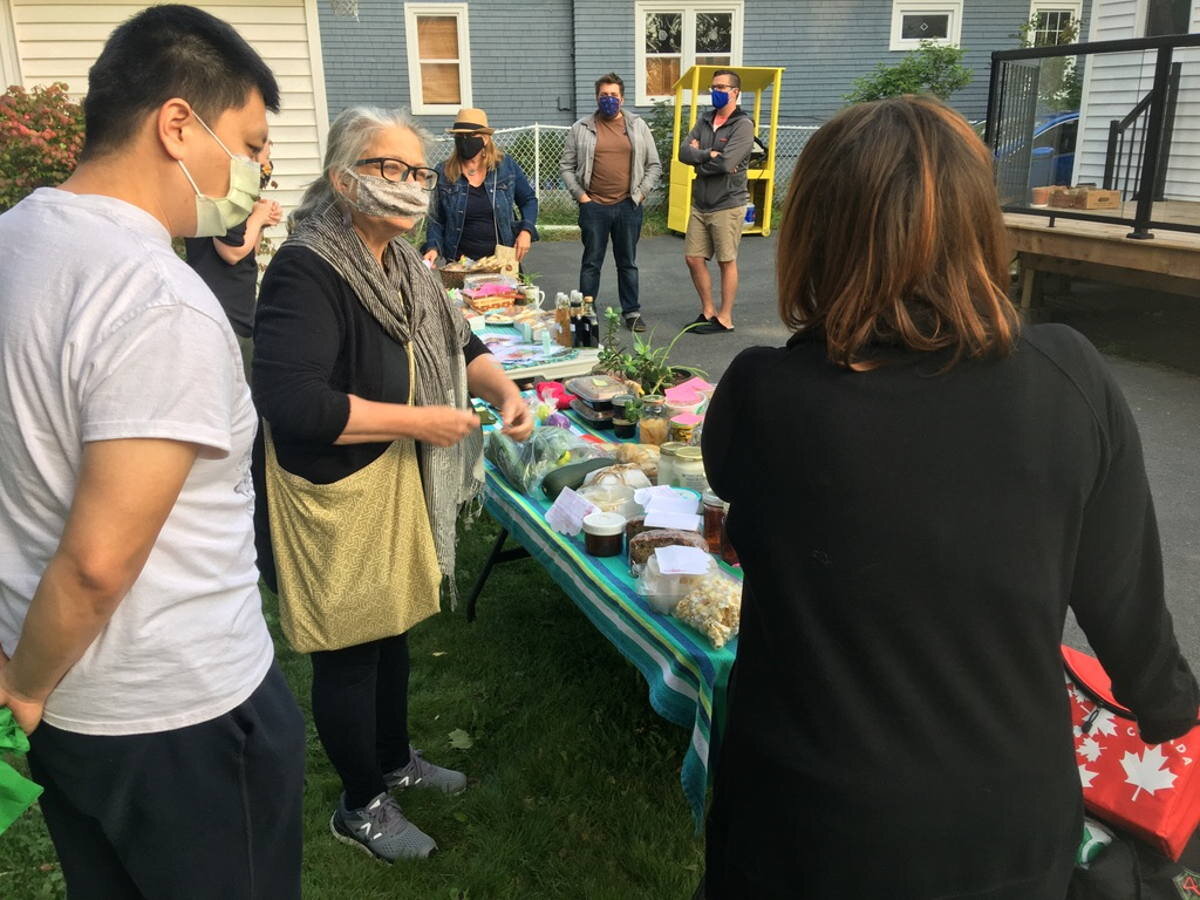
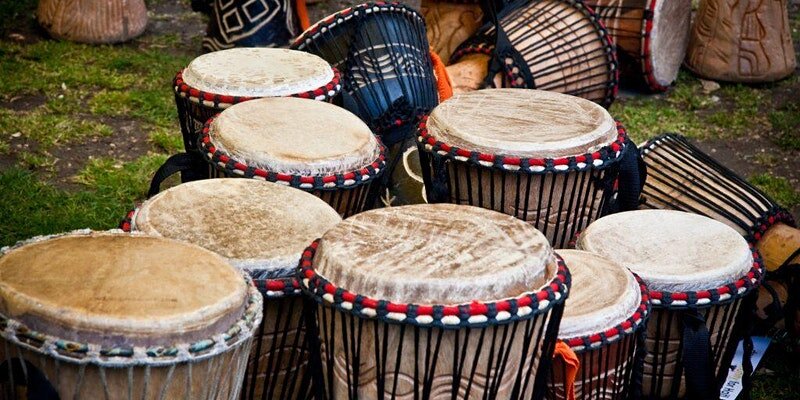
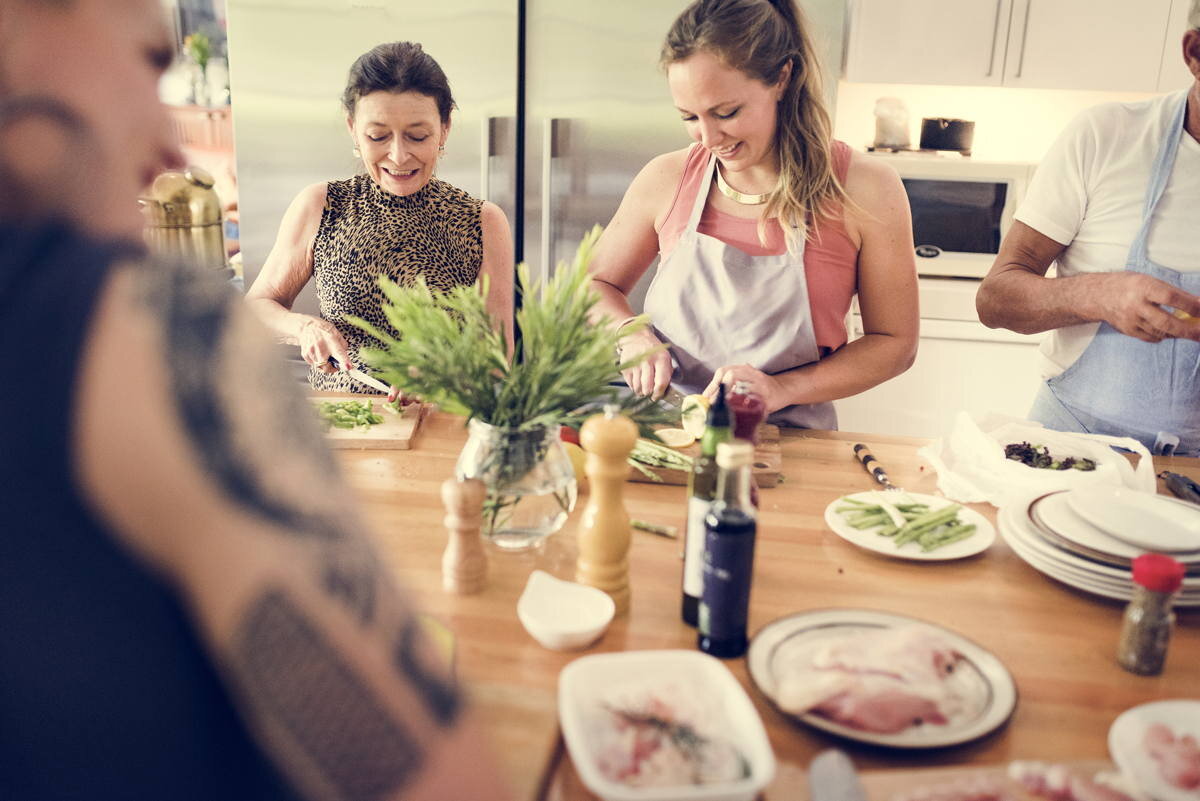
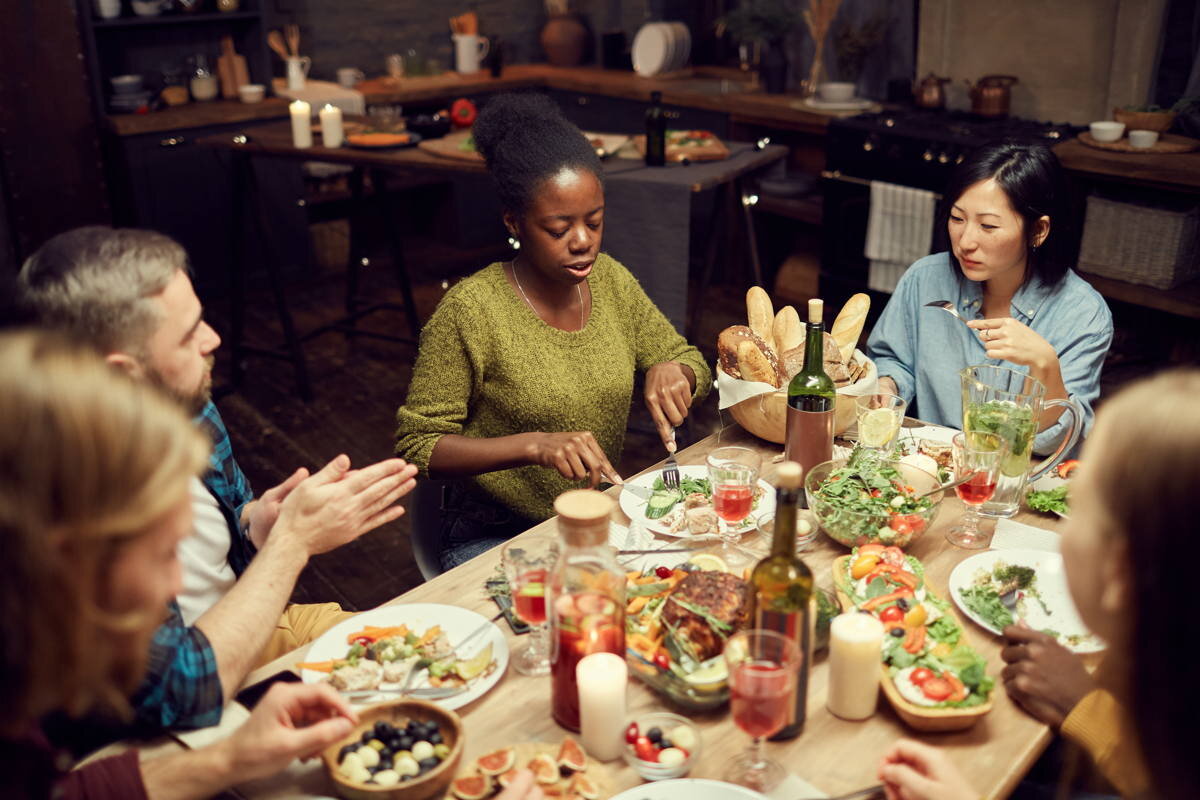
our story
Life.School.House. began in K’jipuktuk (Halifax), Nova Scotia, in a house owned by Jennifer and Scott DeCoste. Using their home as a demonstration site, the DeCoste’s offered more than 50+ workshops during the first year of the LifeSchoolHouse project.
On the surface, the model is very simple. Facilitators from the community bring their knowledge and expertise and exchange it for bartered goods brought by the participants. Behind the scenes, hosts with Life.School.House are the lifeblood of the community - leading the organization of the community gatherings and creating space for deep and meaningful connections between participants.
The vision of LSH is to create a world where people feel less isolated and more connected through the act of shared learning experiences.
PILLARs
What makes the LifeSchoolHouse model different from most folk schools is that our work focuses on community development – not just the preservation of traditional skills. We also use a barter-based trade system; Life.School.House breaks down the financial barriers many people face when trying to access education and then in these accessible classes neighours engage in simple exchanges by sharing time and tea, connecting and learning from and about each other in a simple but meaningful way.
This is social innovation at its most grassroots—and most effective. It creates meaningful connections for newcomers, and also for those who have lived in their community for years and have never met or really connected with their neighbours. The act of sharing our skills draws neighborhoods together, creating more resilient and interconnected communities.
Place-based neighbourhood and community building
Reducing the negative mental and physical impacts of social isolation
Barrier-free learning (using a barter and neutral, non-institutional learning environments)
how it works
There are always two people involved in every gathering, workshop or class: a host AND a facilitator. A facilitator (the teacher) is never hosting and teaching at the same time, so a teacher would not host at their own home or venue.
THE HOST
The host provides the venue and organizes everything. Hosted venues are often the homes of the hosts, but can also be pop-up locations in community centres, restaurants, cafes, local businesses that have the space, etc.
THE FACILITATOR
The Facilitator is the teacher of the skill, class or event. Facilitators cannot host at the same time they offer their class - they must either find a host for their session themselves, or work with us to find a suitable host.
CLASS FEES
Workshops are 100% non-monetary. Facilitators receive bartered items from the participants in exchange for their knowledge. These simple exchanges are often the best part of the experience for both the giver and the receiver, second only to the new communities that are built in each and every session.
WHO CAN TAKE A CLASS?
Anyone! Our community members are the beneficiaries of this learning system. Anyone can participate in a class provided they have registered beforehand and have agreed to the barter arrangement for that particular class.
HOW DOES LIFE.SCHOOL.HOUSE. CONTINUE TO GROW?
Support from the community is necessary to keep this project going and growing. Supporters can choose to become Patrons of our community, with our gratitude.

